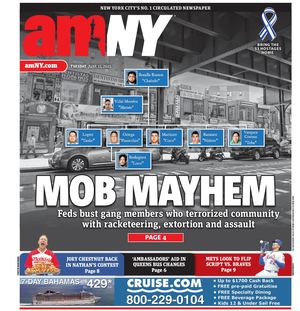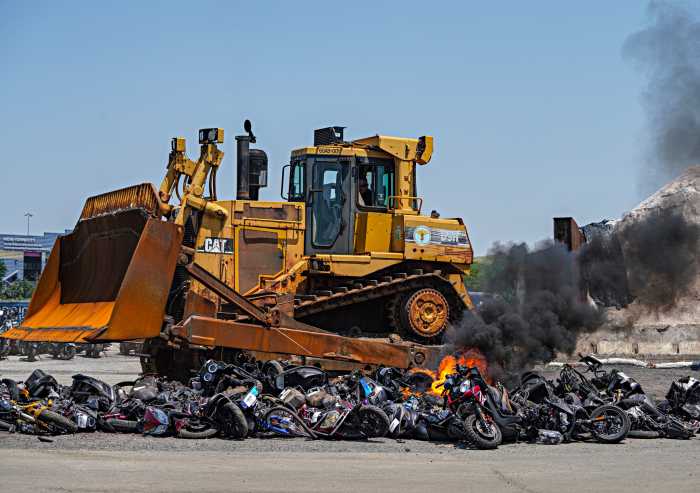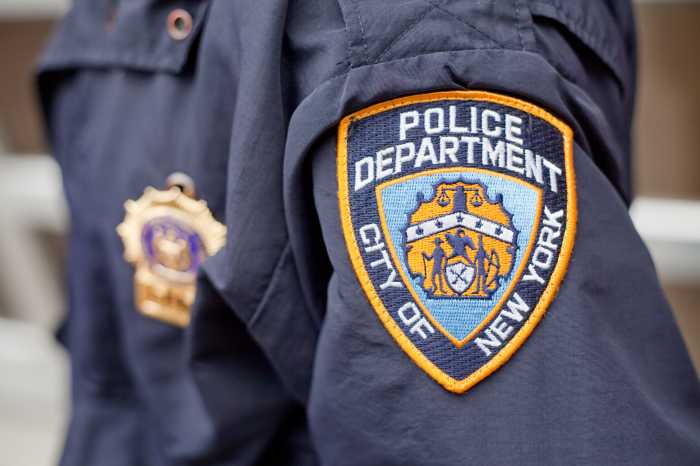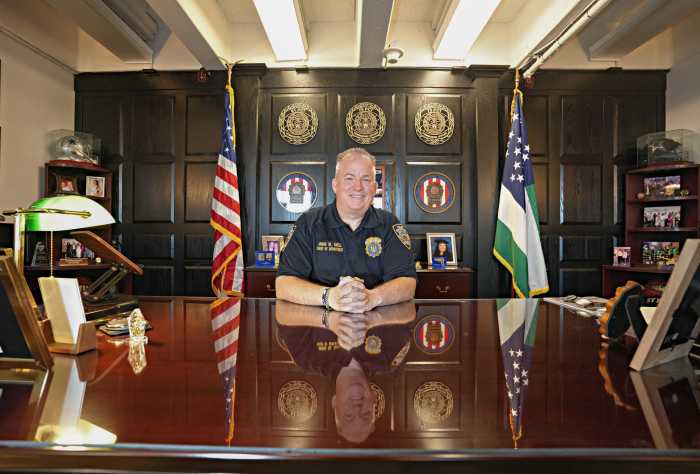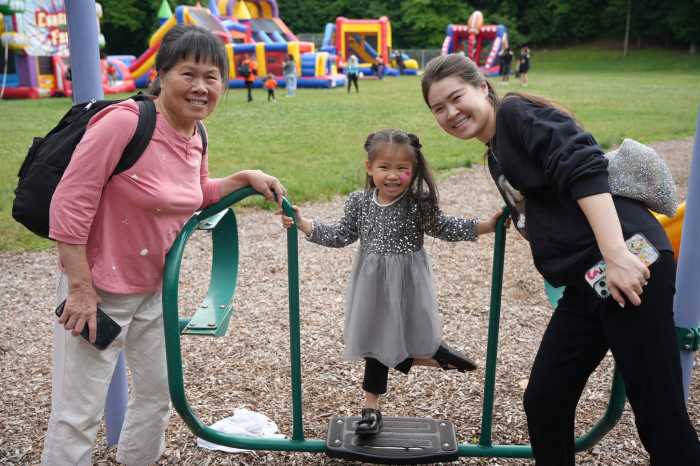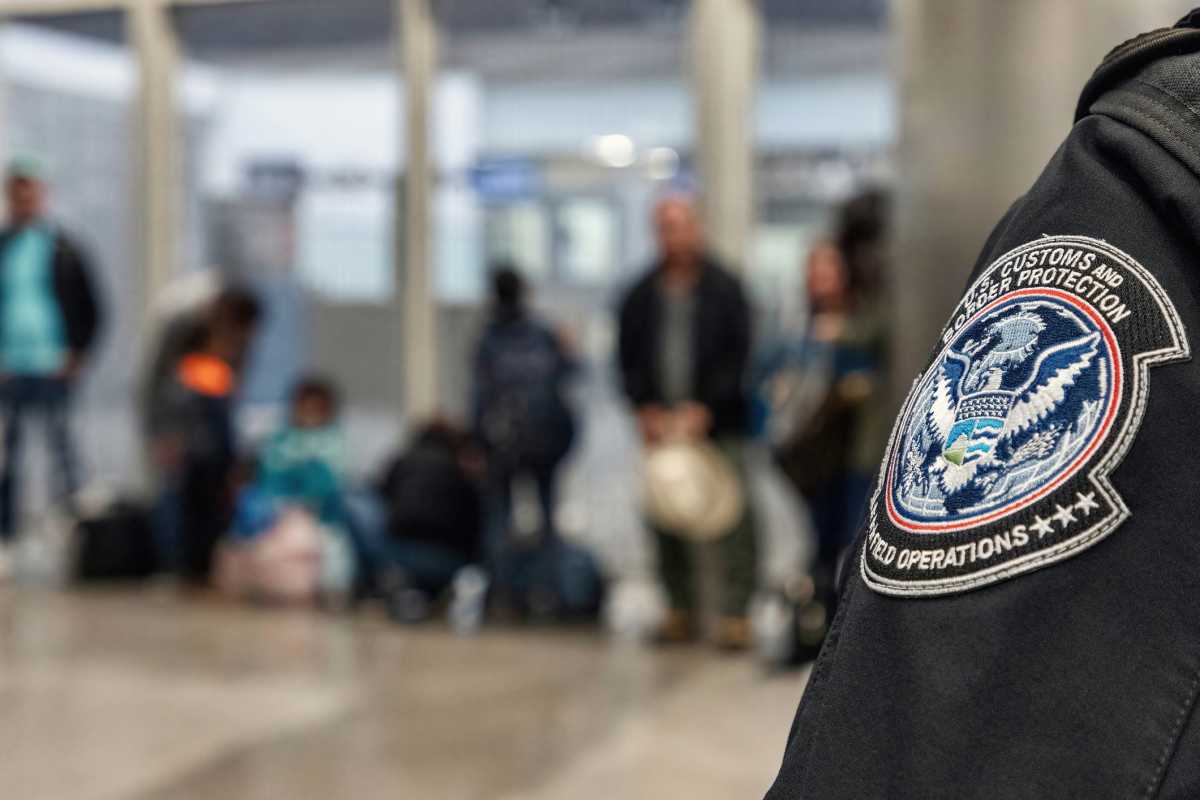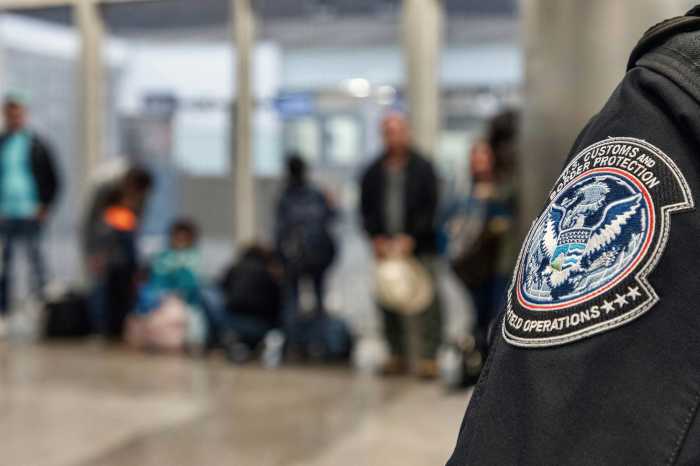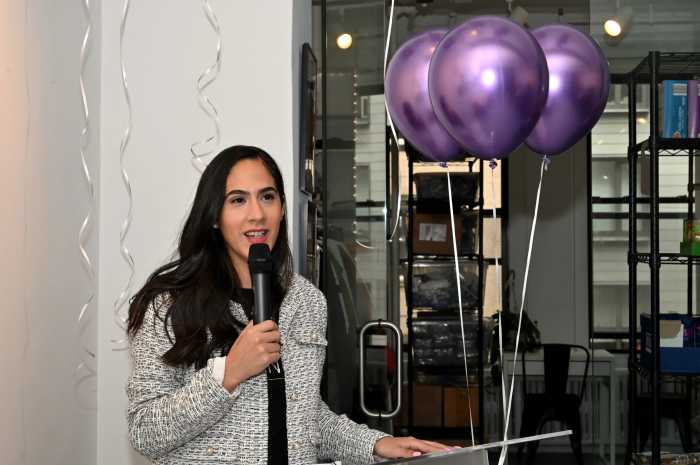Mayor Eric Adams and NYPD Commissioner Jessica Tisch announced Monday the citywide expansion of the NYPD’s new Quality of Life Division, which the city launched as a pilot initiative in April.
The city plans to have the division fully expanded to every precinct and housing command across New York City’s five boroughs by Labor Day, Tisch said at Monday’s press conference. The pilot initiative consisted of six commands across Manhattan, Brooklyn, the Bronx, and Queens — in the 13th, 40th, 60th, 75th, and 101st precincts and Police Service Area 1.
“When you look at what these teams have already accomplished in just two months and all the problems that they’ve solved, it’s clear why we are scaling it citywide on such an aggressive timeline,” Tisch said.
Tisch said that following the teams’ rollout in April, the impact was “immediate and undeniable.” Since the rollout, the six Quality of Life Teams — referred to as Q-Teams — have responded to more that 7,500 911 and 311 calls, issued over 2,700 parking summonses, towed nearly 3,500 abandoned vehicles, made 357 arrests, seized around 200 illegal electric bikes, mopeds, and scooters, and closed illegal smoke shops, Tisch said. The teams have also aided individuals in encampments and cleared encampments, Tisch said. Tisch also noted that the pilot teams have cut 911 and 311 response times by an average of 16 minutes.
The new Quality of Life Division is largely aimed at addressing issues that don’t necessarily impact New Yorkers’ everyday safety and security, but impact New Yorkers’ feelings of safety, quality of life, and well-being.
“It’s about responding to real complaints from real people and fixing the issues they’re dealing with every day. That is why we’re doing this,” Tisch said. “Because the vast majority of New Yorkers haven’t been the victim of a crime, most haven’t even witnessed one, but what they’ve lived with is something harder to measure — the gradual breakdown of the things that make a neighborhood feel life a home.”
The city will begin the roll out in Manhattan on July 14, the Bronx on July 21, Brooklyn on July 28, Queens on Aug. 11, and Staten Island on Aug. 18. The citywide housing command will launch Aug. 25, Tisch said.
Tisch acknowledged the backlash the initiative has received, particularly the accusation that, as Tisch put it, the new division is indicative of a return to zero-tolerance policing, a widely criticized policing tactic of the 1990s and 2000s aimed at cracking down on minor infractions based on the assumption that petty crime leads to major crime.
The NYPD’s “stop and frisk” tactic, which largely took form during zero-tolerance policing, was largely phased out in the 2010s after being found to disproportionately impact people of color and result in police profiling. However, stop-and-frisks in New York City surged in 2024 under Adams.
“Yes, we are addressing quality of life issues, but we are doing it for different reasons than we did a generation ago,” Tisch said. “Back then, this kind of enforcement was often used as a pretext to prevent more serious crime, and it was during a time when major crime was 75% higher than it is today. In 2025, this is not about preventing something worse. It’s about improving daily life.”
In addition to the introduction of the NYPD’s Q-Teams to the department’s commands, other NYPD divisions were also instructed to focus on quality of life issues identified by the city. Since the pilot initiative began, the Vehicle Response Team towed 994 vehicles, the Smoke Shop Task Force conducted 42 inspections, and the Encampment Team conducted 105 site visits, 59 cleanings, and one successful placement into shelter.
The Q-Teams aim to respond more effectively to 311 reports, Tisch said, which New Yorkers can make if they have non-emergency city complaints or concerns. Tisch said the NYPD was not onboarding new officers specifically for the Q-Teams, and is instead reorganizing officers within each command to “being responsive to 311 complaints and quality of life complaints generally.”
“The New York Police Department has long been extraordinary at responding to 911 calls for service,” Tisch said. “This initiative is designed to make the commands responsive to 311 calls for service in much the same way they have been responsive for a long time to 911 calls for service.”
A recent survey conducted by the Citizens Budget Commission found that only a third of New Yorkers report their quality of life as “good” or “excellent.” And, though violent crime has decreased significantly since the COVID-19 pandemic, New Yorkers’ feelings of safety remain low compared to pre-pandemic data. These feelings of unease primarily persist among Black and Hispanic New Yorkers and residents of the Bronx, the survey found.
“We have been successful in bringing down crime,” Adams said at Monday’s press conference. “Now we need to match it with people feeling safe.”
